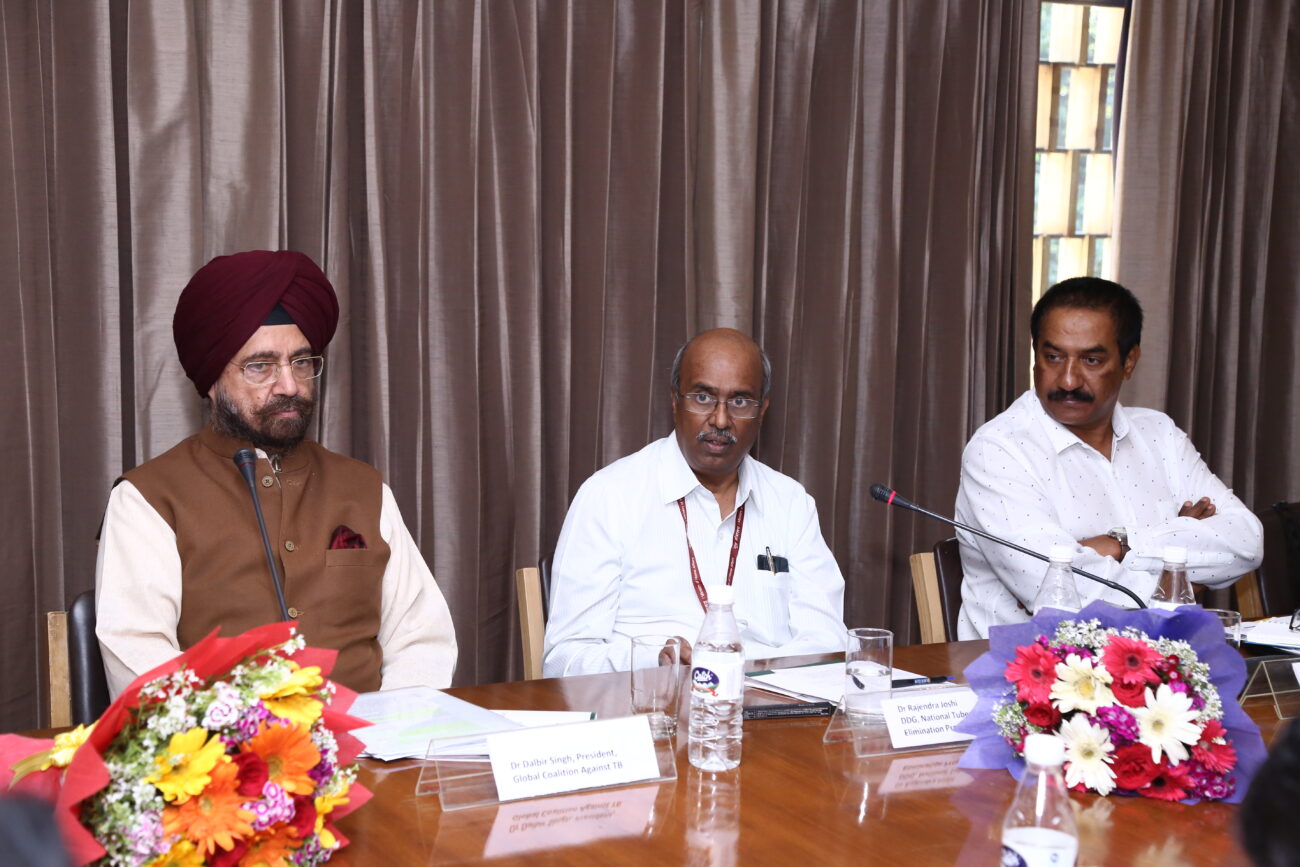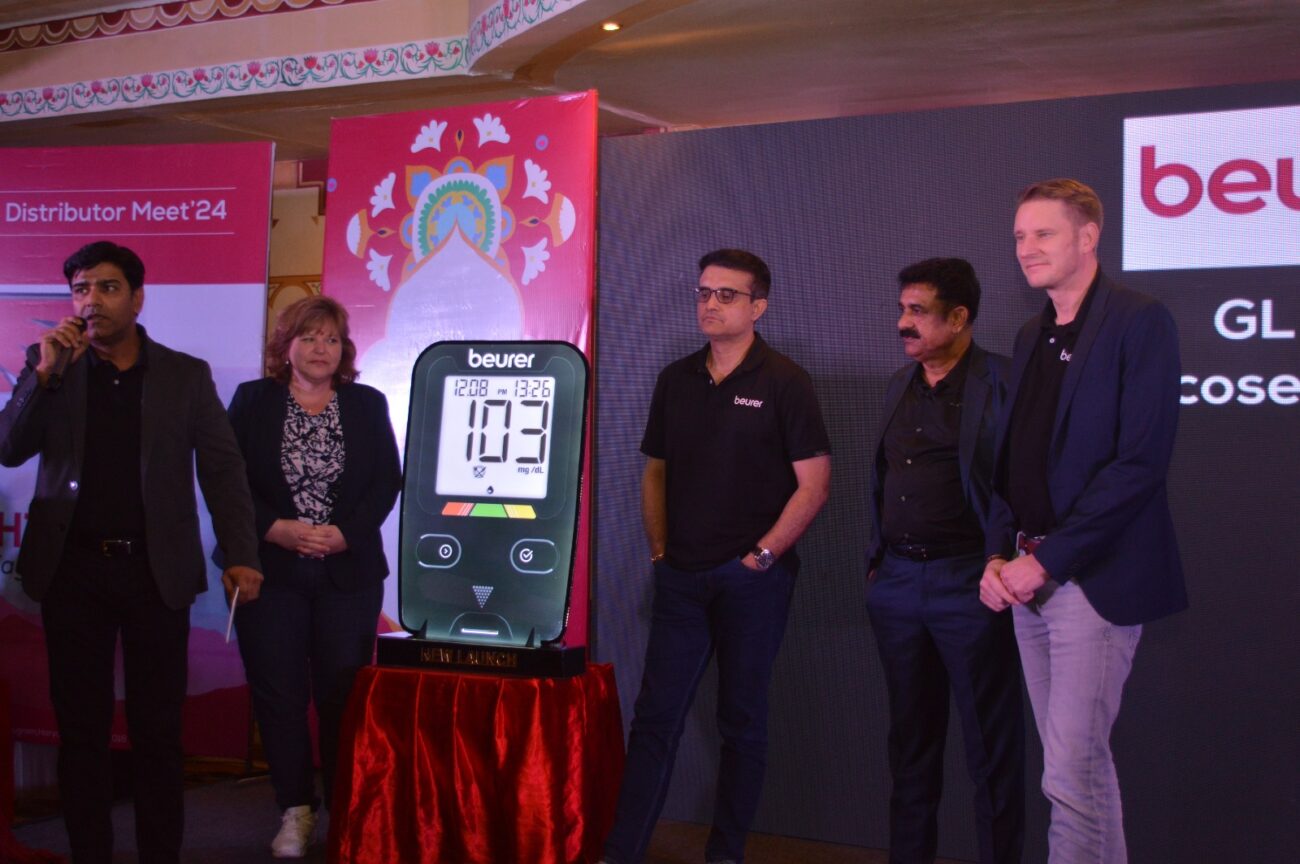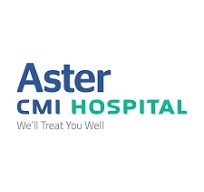Addressing Challenges of TB, Maternal and Adolescent Health in India: Why Community-based Approaches Work
In a roundtable organized by the Karnataka Health Promotion Trust (KHPT) in the Capital today, three crucial health sectors — maternal and adolescent health and TB were brought into focus, discussing their problems and a

In a roundtable organized by the Karnataka Health Promotion Trust (KHPT) in the Capital today, three crucial health sectors — maternal and adolescent health and TB were brought into focus, discussing their problems and a way forward.
KHPT works on health initiatives with the most marginalized communities across India. It bases its planning and implementation strategies on an evidence-based, innovative approach with strong input from the community members.
This was emphasized when Mr. H.L Mohan, CEO, KHPT gave his opening address. He elaborated on how the community-based approach KHPT adopted was a key factor in contributing to the success of its programmes in these three core areas. “Our experience has shown that when we take inputs and involve members from the communities we work with, a greater and more relevant understanding emerges and our planning and strategies are based on ground realities. Further, there is ownership by the community that contributes greatly to the success of the programmes.”
With World TB Day approaching on March 24, Dr. Rajendra Joshi, Deputy Director-General, National, Tuberculosis Elimination Programme’s address was of particular importance. Echoing the theme of the Roundtable, the DDG brought in the government angle. He looked at the various ways that policymakers can help in accelerating these decentralized approaches in the crucial areas of TB care and support. “The government has been employing a multi-sectoral, holistic and intersectional response towards TB Elimination. Our work also ensures the utilisation digital solutions are provided for a cost-effective approach.”
Bringing in a people’s movement perspective, Dr. Dalbir Singh, President, Global Coalition Against TB
spoke of the government’s leadership in reaching the goal of a ‘TB Mukt Bharat’ through a groundswell across the country – truly a people’s movement. “Elected representatives must be included in the response for TB. This should not be limited to the top officials, but also involve working with Panchayati Raj Institutions. Their sensitization and participation in the process is crucial for building awareness and expanding access to the services at the grassroots level.”
Following this, KHPT team members and those from the community spoke on varied aspects.
What are the barriers to TB care and how best can they be addressed? Dr. Rehana Begum, Project Director, Breaking the Barriers, TB, KHPT related KHPT’s experiences in addressing gender and stigma issues with very successful outcomes. Highlighting KHPT’s adolescent programmes, Ms. Maithreyi Ravikumar, Strategic Lead, Adolescent Health, KHPT elaborated on the highly successful Sphoorthi programme and others related to the girlchild. Maternal and childhood initiatives were highlighted by Maternal and Childhood Nutrition Ms. Agnita R, Strategic Lead, Maternal Neonatal, and Child Health, KHPT.
The importance of amplifying the issue and the media’s role in this was taken up by Ms. Mallika Tharakan, Lead, Knowledge Management, and Results Delivery Officer, KHPT. A wide range of issues emerged in a discussion moderated by Dr. Sukriti Chauhan, Advocacy and Programme Lead, KHPT.






